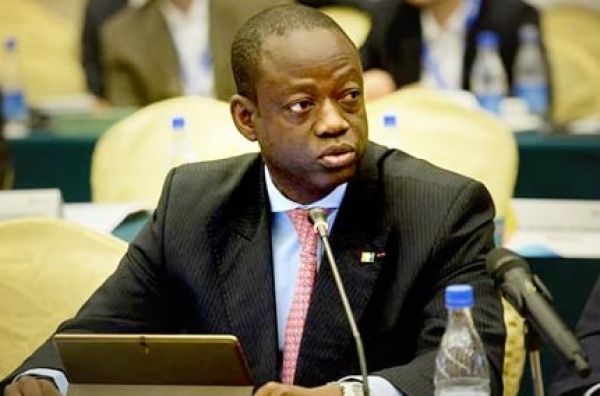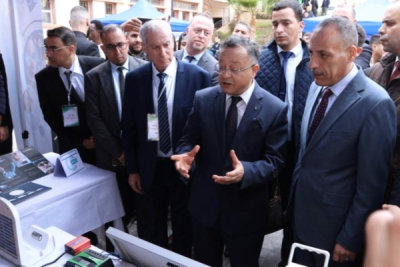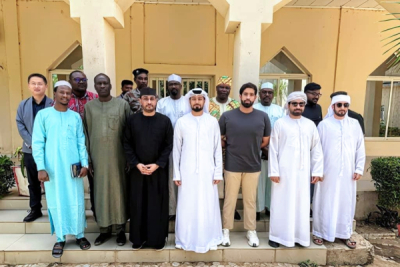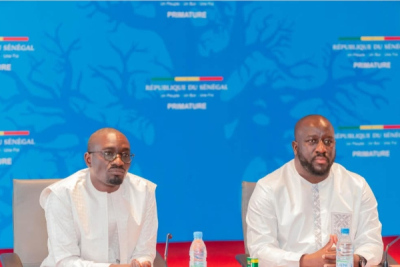Access to health care has relatively improved in Africa over the past decade. However much remains to be done. Initiatives are multiplying on the continent to bridge this gap.
Smart Africa, an alliance of 32 African countries and international organizations committed to the digital transformation of Africa, and The Commons Project Foundation (TCP) announced last February 16 a partnership to accelerate the delivery of digital health in Africa.
Through this collaboration, the members of both partners have committed to supporting and working on the design, development, deployment, and operation of digital public health infrastructure for Africans. They are also engaging in various digital health pilot projects aimed at strengthening African health systems.
One of the main focuses of the partnership is the SMART Health Card, which allows populations to securely share a verifiable version of their immunization record via a QR code. The innovation being implemented in Rwanda and Kenya is endorsed by the World Health Organization (WHO).
“We believe that the future of healthcare in Africa is digital-first, powered by mobility. This partnership will go a long way in delivering world-class health services to Africa’s citizens such as SMART Health Cards,” said Lacina Koné (pictured), CEO of Smart Africa.
Access to health care remains low in many African countries. The ratio of professionals per 10,000 inhabitants is still far below the WHO standards, which recommend a minimum of 23 health workers to ensure a basic quality of service. Digital technology comes as the solution for Africans to improve health care coverage. For Joe Mucheru, the Cabinet Secretary of Kenya's Ministry of ICT, Innovation, and Youth, the widespread adoption of digital health has the potential to revolutionize healthcare in the same way that the M-Pesa payment system has revolutionized financial inclusion.
Adoni Conrad Quenum



















